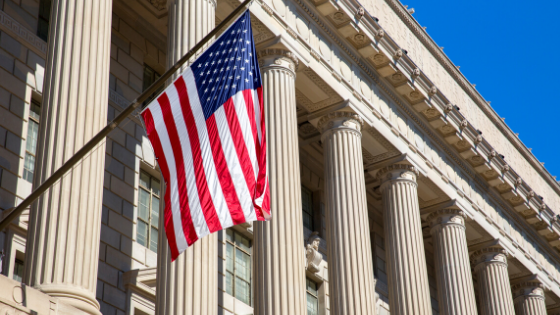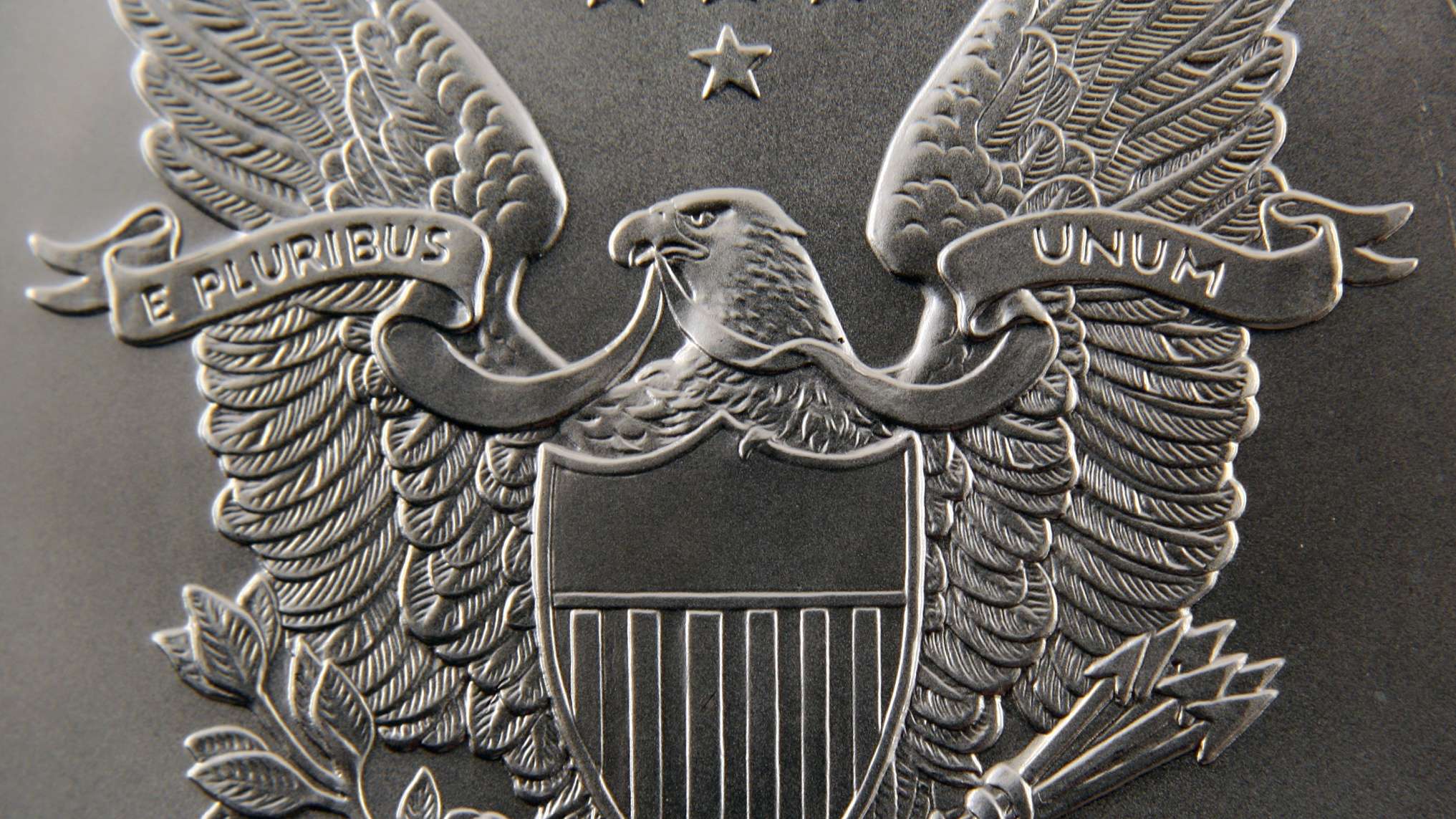“We are very pleased that Secretary Wilbur Ross and the Commerce Department determined that exchange rate manipulation is a subsidy that should be subject to countervailing duties,” said CPA Chair Dan DiMicco. “This has been an enormous challenge for America’s manufacturers and agricultural producers for many years. Finally, domestic industry will have recourse against artificially underpriced imports. We congratulate the Trump administration for taking this crucial step.”
For years, America’s domestic manufacturers have fought an uphill battle against currency manipulation practiced by China and other nations. An undervalued currency allows countries to sell goods in the U.S. market at artificially low prices and also makes U.S. exports more expensive overseas. While Members of Congress have previously attempted to pass currency legislation, no previous administration was supportive. In that time, America’s trade deficit has climbed tremendously and millions of good paying jobs were lost.
The new Commerce regulation will allow U.S. companies to bring trade cases against imports benefiting from certain forms of currency undervaluation. Commerce’s rule identifies criteria needed to determine if countervailing duties should be imposed, offering relief to harmed domestic industries.
“This is an important step for our members, and for the many domestic producers who are at risk when foreign countries undervalue their currencies,” said Michael Stumo, CEO of the CPA. “Washington is waking up to the serious challenge posed by exchange rate manipulation and must now move to address dollar overvaluation – caused by excessive inflows of foreign capital – as well. The new Commerce rule is extremely helpful, but dollar overvaluation persists even when other countries do not actively manipulate their currencies. We look forward to working with Congress on passage of the crucial Baldwin-Hawley bill (S 2357) to fix this misalignment.”
Read more about how currency misalignment is the primary driver of America’s trade imbalances and the importance of the bipartisan Baldwin-Hawley ‘Competitive Dollar for Jobs and Prosperity Act.’













